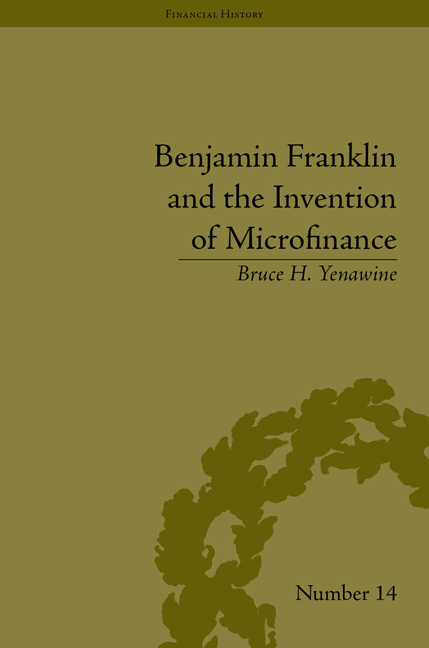Book contents
- Frontmatter
- CONTENTS
- Acknowledgements
- Biography of Bruce Yenawine
- Introduction
- 1 Franklin's Intent: The Autobiographical Origins of the Codicil
- 2 Franklin's Intent: The Sources of Political and Economic Concepts
- 3 Boston: The First Century
- 4 Philadelphia: The First Century
- 5 The Centennial in Boston and Philadelphia
- 6 Boston: The Second Century
- 7 Philadelphia: The Second Century
- 8 Bicentennial: Boston and Philadelphia
- Conclusion: Virtues in Conflict
- Appendix A Transcription of the 1789 Codicil
- Appendix B Boston Artisan List
- Appendix C Philadelphia Artisan List
- Appendix D Summary of Litigation and State Laws
- Appendix E Chronology
- Appendix F Franklin's Calculation and Actual Value
- Notes
- Works Cited
- Index
8 - Bicentennial: Boston and Philadelphia
- Frontmatter
- CONTENTS
- Acknowledgements
- Biography of Bruce Yenawine
- Introduction
- 1 Franklin's Intent: The Autobiographical Origins of the Codicil
- 2 Franklin's Intent: The Sources of Political and Economic Concepts
- 3 Boston: The First Century
- 4 Philadelphia: The First Century
- 5 The Centennial in Boston and Philadelphia
- 6 Boston: The Second Century
- 7 Philadelphia: The Second Century
- 8 Bicentennial: Boston and Philadelphia
- Conclusion: Virtues in Conflict
- Appendix A Transcription of the 1789 Codicil
- Appendix B Boston Artisan List
- Appendix C Philadelphia Artisan List
- Appendix D Summary of Litigation and State Laws
- Appendix E Chronology
- Appendix F Franklin's Calculation and Actual Value
- Notes
- Works Cited
- Index
Summary
The year 1990, 200 years after his death, was an auspicious year for Benjamin Franklin's sage admonitions to be remembered and his benevolent spirit to be rekindled. The coming of age of the Franklin Fund corresponded to an unprecedented and precipitous collapse of the economy of the Commonwealth of Massachusetts with a two-year budget deficit of nearly $1 Billion, a mass exodus of defence industry jobs, rising crime and highly partisan confrontational politics. Despite nearly two decades (1970–87) of relative prosperity with economic diversification, low unemployment and large investment in community development, the state and the City of Boston by the late 1980s was characterized by ethnic, racial and economic conflict and division. Certainly boasts about ‘the Massachusetts Miracle’, the condition of the state's economy, and commitment to equal opportunity were being reconsidered and redefined. Franklin, with the innovative codicil conceived a the dawn of a predominantly agrarian nation in the eighteenth century, figured out a way to boldly insert his views into public debated of a mature urban American on the brink of the twenty-first century. With the promise of a handsome reward, the citizens of Boston and Massachusetts had to listen one last time to the ruminations of the patriot statesman about virtue, citizenship and prosperity.
The value of the Franklin Fund in Boston from the end of Fiscal Year 1989 audited statements of the Franklin Foundation was $4,646,613.
- Type
- Chapter
- Information
- Benjamin Franklin and the Invention of Microfinance , pp. 129 - 144Publisher: Pickering & ChattoFirst published in: 2014

